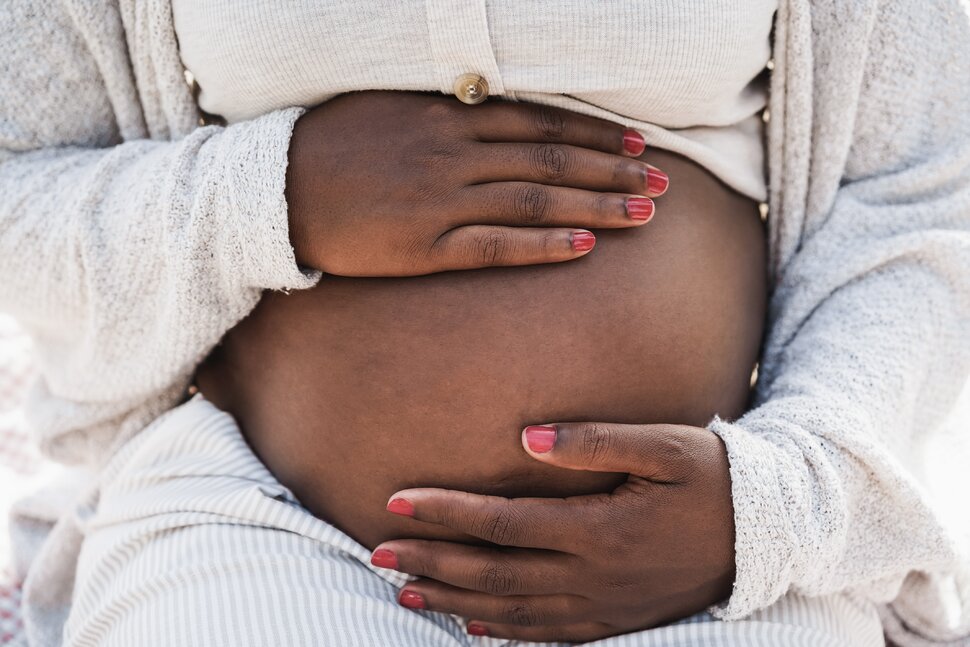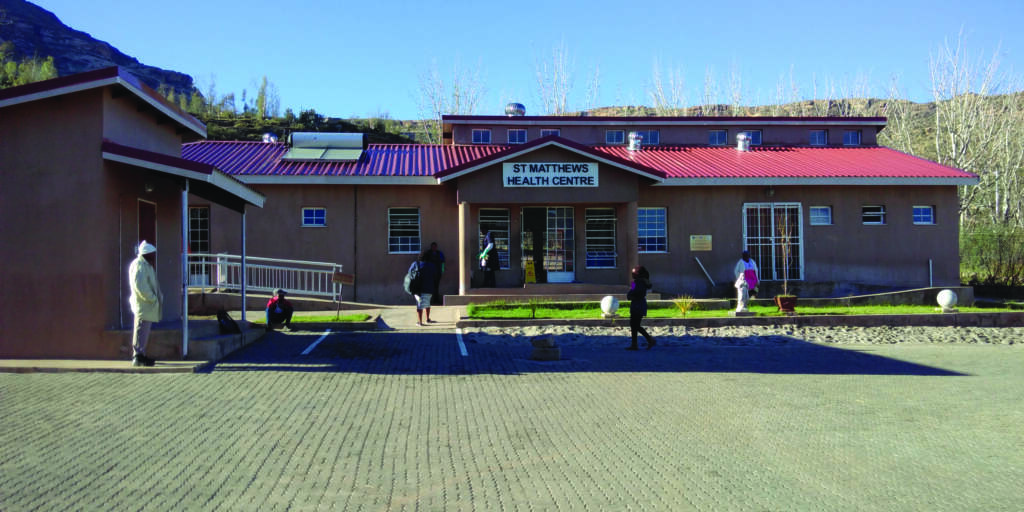Ntsoaki Motaung
The recent Maternal Mortality Ratio in Lesotho stands at 566/100,000 live births, as recently reported by the World Health Organization (WHO).
This figure exceeds the regional average of 545/100,000 live births, signaling a significantly high rate.
In a recently released statement, WHO highlighted the severity of this situation, categorising it as a critical concern.
To confront the alarming rates of maternal and neonatal mortalities in Lesotho, the WHO’s Multi-Country Assignment Team (MCAT) deployed a specialised technical expert in Reproductive, Maternal, Newborn, Child, and Adolescent Health (RMNCAH) and Aging.
This expert engaged in on-ground assessments to understand the specific health challenges within Lesotho and the broader context affecting the country’s health landscape.
In a meeting with the national Sexual Reproductive Health (SRH) and Rights Advisor to the Ministry of Health, Dr. Nonkosi Tlale, the National SRH Program Manager, Seipati Motsei, and the National RMNCAH Technical Working Group, WHO narrated, the team highlighted the need to reduce preventable maternal and neonatal mortalities by identifying key areas for immediate action and how WHO can facilitate and support them.
“Some key challenges outlined by Dr. Tlale and her team were Human Resources (limited numbers of Obstetricians and Gynecologists and capacity of medical officers and midwives) and availability of blood and blood products for the management of obstetric hemorrhage and other essential commodities for emergency obstetric care. The leading causes of mortality are hemorrhage, hypertensive disorders of pregnancy, and complications of unsafe abortion,” its statement read.
It mentioned that the WHO MCAT Medical Officer for RMNCAH and Ageing, Dr. Roseline Dansowaa Doe highlighted the urgency of reducing maternal and newborn deaths.
Dansowa Doe also said that there was the need for WHO to provide support to Lesotho to identify the main causes, strategize to address them, and provide the needed technical assistance to implement the strategies to reduce preventable maternal and newborn deaths.
WHO said that the human resource challenges in the delivery of quality RMNCAH services, especially specialist Obstetricians and Gynecologists, and the capacity of medical officers and midwives were highlighted.
It vowed that the MCAT had identified the following areas for support to the country in the coming biennium.
- Strengthen Sexual, Reproductive, Maternal, Newborn, Child, and Adolescent Health (SRMNCAH) leadership and governance through coordination, convening, and facilitating the Ministry of Health’s leadership role on SRMNCAHA issues in line with the Global Strategy for Women’s, Children’s, and Adolescent’s Health (2016 – 2030).
- Provide technical assistance for country adaptation/adoption of the various WHO RMNCAHA strategies, guidelines, and protocols including the implementation of the Intrapartum Care Guidelines and the Labour Care Guide (LCG) and Integrated Management of Neonatal and Childhood Illnesses (IMNCI).
- Build capacity to implement acceleration plans for Ending Preventable Maternal Mortality (EPMM)/Every Newborn Action Plan (ENAP) and track progress towards the 2025 milestones and targets.
- Support for accountability through monitoring, evaluating, and tracking progress for SRMNCAHA, including actionable data systems for Maternal and Perinatal Death Surveillance and Response (MPDSR) and generation of new information.
Summary
- Nonkosi Tlale, the National SRH Program Manager, Seipati Motsei, and the National RMNCAH Technical Working Group, WHO narrated, the team highlighted the need to reduce preventable maternal and neonatal mortalities by identifying key areas for immediate action and how WHO can facilitate and support them.
- Tlale and her team were Human Resources (limited numbers of Obstetricians and Gynecologists and capacity of medical officers and midwives) and availability of blood and blood products for the management of obstetric hemorrhage and other essential commodities for emergency obstetric care.
- Dansowa Doe also said that there was the need for WHO to provide support to Lesotho to identify the main causes, strategize to address them, and provide the needed technical assistance to implement the strategies to reduce preventable maternal and newborn deaths.

Your Trusted Source for News and Insights in Lesotho!
At Newsday Media, we are passionate about delivering accurate, timely, and engaging news and multimedia content to our diverse audience. Founded with the vision of revolutionizing the media landscape in Lesotho, we have grown into a leading hybrid media company that blends traditional journalism with innovative digital platforms.






